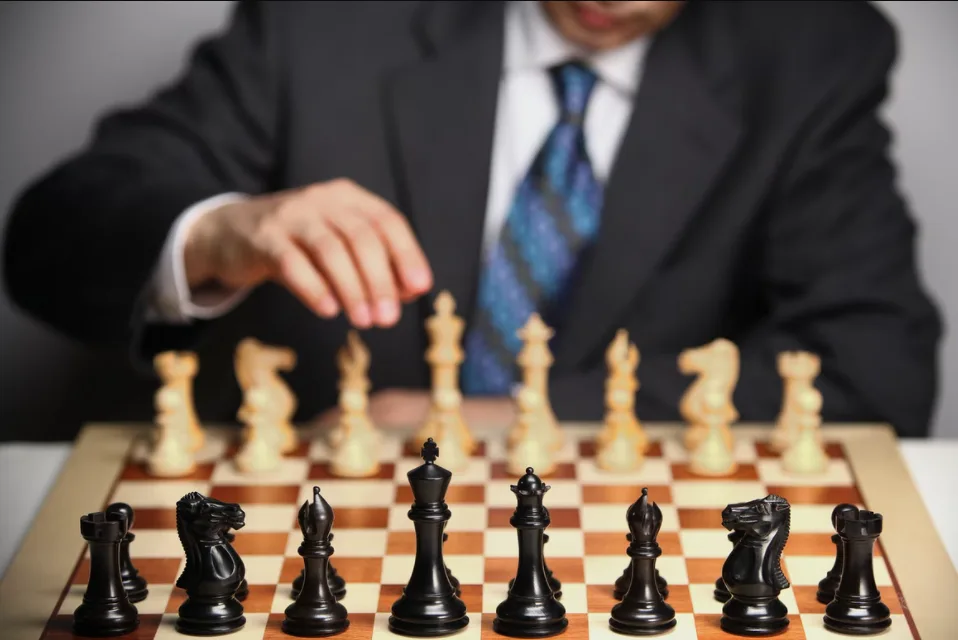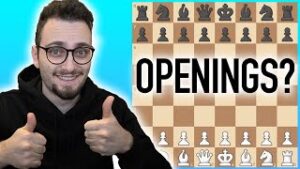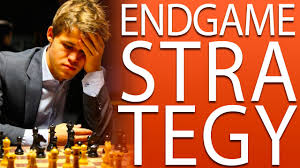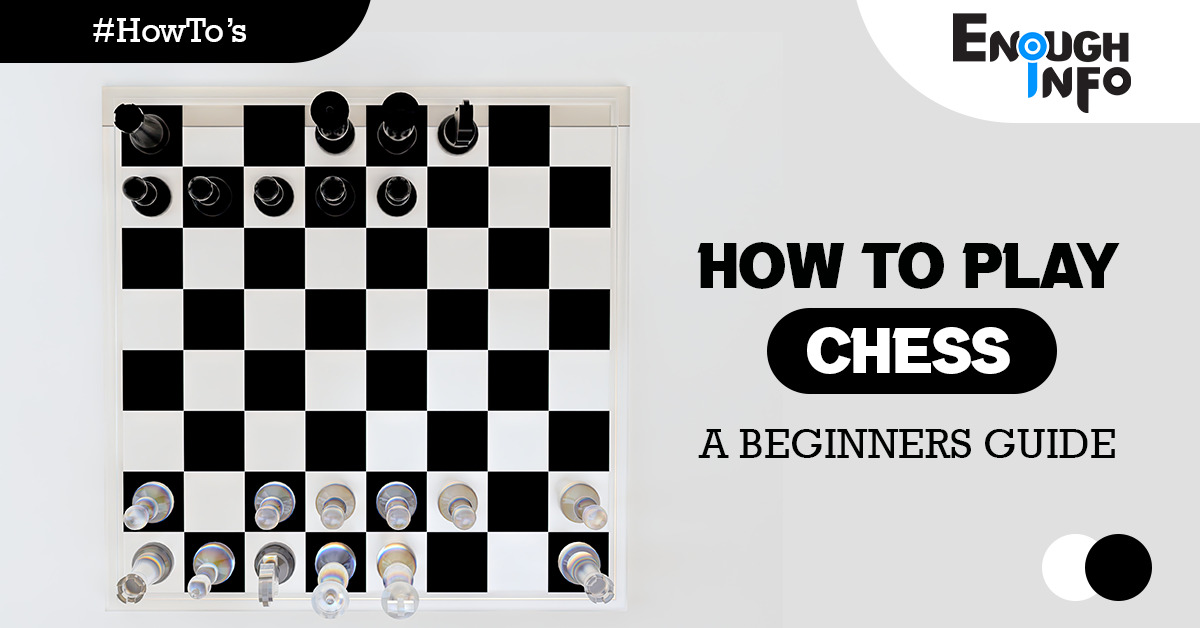How To Play Chess Like A Pro

How to play chess like a pro – Chess, the ultimate game of strategy and intellect, has captivated minds for centuries. Whether you’re a beginner looking to improve your skills or an enthusiast aiming to reach a professional level, learning how to play chess like a pro requires dedication, practice, and a deep understanding of the game’s fundamental principles.
Playing chess like a pro requires a combination of strategic thinking, tactical awareness, and deep knowledge of the game.
Read Also: How To Play Chess For Beginners
Master the Chessboard: How to Play Chess Like a Pro
In this article, we’ll guide you through essential tips and strategies to elevate your chess game and unleash your inner grandmaster.
1. Learn the Rules:
To play chess like a pro, start by mastering the basic rules of the game. Understand how each piece moves, the concept of checkmate, and the different ways to achieve victory, such as castling and pawn promotion. Familiarize yourself with the chessboard’s layout and the role of each piece, as this foundation will be crucial in developing your strategies.
2. Study the Openings:
Opening theory is a vital aspect of chess. Learn a variety of popular openings and understand the ideas behind them. Focus on understanding the principles of development, controlling the center, and maintaining a harmonious piece coordination. Practice different openings to broaden your repertoire and gain a deeper understanding of their nuances. Studying famous games and analyzing their opening moves can also provide valuable insights into strategic thinking.

3. Develop a Solid Middle Game:
The middle game is where battles are fought and plans are executed. Improve your middle game by focusing on key concepts such as piece activity, pawn structure, space control, and tactical awareness. Sharpen your tactical skills by solving puzzles and practicing combinations to spot potential opportunities on the board. Additionally, study positional play to understand strategic concepts like maneuvering, prophylaxis, and exploiting weak points in your opponent’s position.
4. Master Endgame Techniques:
Endgames may seem less glamorous, but they are where champions are made. Devote time to studying endgame theory and mastering essential endgame techniques. Learn how to convert a small advantage into a winning position, practice basic checkmating patterns, and understand the importance of king activity and pawn promotion. Familiarize yourself with common endgame principles, such as king opposition, zugzwang, and the Lucena and Philidor positions.

5. Analyze and Learn from Games:
Regularly analyze your own games and learn from your mistakes. Identify critical moments where you missed opportunities or made tactical errors. Utilize chess engines or play against stronger opponents to receive valuable feedback. Study famous games from renowned players to observe their strategies, planning, and decision-making process. Developing analytical skills will help you understand the nuances of chess and refine your own playing style.enoughinfo
6. Play and Practice:
There is no substitute for practice when it comes to chess. Play regularly against opponents of varying skill levels, both over the board and online. Engage in friendly matches, join chess clubs, or participate in tournaments to gain exposure to different playing styles and techniques. Additionally, consider using online resources, such as chess puzzles, tactics trainers, and chess-playing apps, to enhance your skills and test your progress.
Read Also: Improving Your Gaming Skills in First-Person Shooter Games
7. Develop A Mindset Of Continuous Improvement:
To play chess like a pro, embrace a mindset of continuous improvement. Recognize that chess is a complex and ever-evolving game, and there is always more to learn. Seek out learning resources, engage in chess communities, and surround yourself with like-minded individuals who share your passion for the game. Stay motivated, embrace challenges, and approach setbacks as opportunities for growth.
8. Improve Your Tactical Skills:
Chess is filled with tactical opportunities, so honing your tactical skills is crucial. Solve chess puzzles and tactical exercises regularly to sharpen your ability to spot combinations, sacrifices, and tactical threats. Develop your calculation and visualization skills to anticipate and evaluate different moves and their consequences.
9. Enhance Your Strategic Understanding
Strategic thinking is paramount in chess. Study fundamental strategic concepts, such as pawn structure, piece activity, space control, and planning. Learn about important positional themes like outposts, weak squares, open files, and pawn breaks. Analyze master games to observe how strong players formulate long-term plans and adapt their strategies based on the position.
Read Also: How Long Do NBA Games Really Last? (2023 Report)
FAQs & Answers
How long does it take to play chess like a pro?
How can I improve my calculation skills in chess?
Improving calculation skills in chess involves regular practice and training. Solve chess puzzles, work on tactical exercises, and analyze complex positions to sharpen your ability to calculate variations and foresee potential outcomes. Additionally, studying annotated games by strong players and understanding their thought processes can help improve your calculation abilities.
Are chess tournaments necessary to become a pro player?
While participating in chess tournaments can provide valuable experience and exposure to competitive play, they are not the sole determining factor in becoming a pro player. Tournaments offer opportunities to test your skills against strong opponents, analyze your games, and gain rating points. However, many players have reached a high level of play through consistent practice, studying, and playing online or with local chess clubs without extensive tournament experience.
Can I become a pro chess player without a coach?
While having a coach can provide guidance, feedback, and personalized training, it is not mandatory to become a pro chess player. Many chess players have reached a high level of play through self-study, analyzing games, practicing tactics, and playing against challenging opponents. Self-motivation, discipline, and a structured study plan can be effective in developing strong chess skills.
Read Also:How To Balance Work And Family(The Ultimate Guide)
Is memorization important in chess?
Memorization plays a role in chess, particularly in the opening phase where knowing specific opening variations and ideas can provide an advantage. However, chess is not solely about memorization. Understanding the underlying principles, strategic concepts, and tactical patterns is equally important. A balance between knowledge and understanding will help you make informed decisions and adapt to various positions on the chessboard.
Can I learn chess at an older age and still become proficient?
Absolutely! Chess can be learned and enjoyed at any age. While starting at a younger age may provide more time for development, adults can still become proficient chess players with dedication, practice, and a systematic approach to learning. The important factors are consistent effort, a genuine interest in the game, and a willingness to learn and improve.
Is it necessary to use computer chess engines for analysis?
Using computer chess engines for analysis can be a valuable tool in identifying tactical opportunities, evaluating positions, and uncovering mistakes. However, it’s also important to develop your own analytical skills and thought processes. Balancing computer-generated analysis with personal analysis and critical thinking will help you gain a deeper understanding of the game and foster your own strategic and tactical abilities.
How can I stay motivated during the learning process?
Staying motivated in chess can be achieved by setting goals, tracking your progress, and celebrating small victories along the way. Break your learning journey into manageable steps, focus on areas you enjoy, and find a balance between study, practice, and playing. Surround yourself with chess enthusiasts, join chess communities, and seek out challenges that push you beyond your comfort zone. Remember to have fun and maintain a genuine passion for the game as you strive for improvement.
Read Also: How To Make Money Without A Job (30 Authentic Ways)
Conclusion:
Becoming a proficient chess player requires dedication, patience, and a thirst for knowledge. By mastering the rules, studying openings and strategies, developing a strong middle game and endgame prowess, analyzing games, and engaging in consistent practice, you’ll be well on your way to playing chess like a pro




